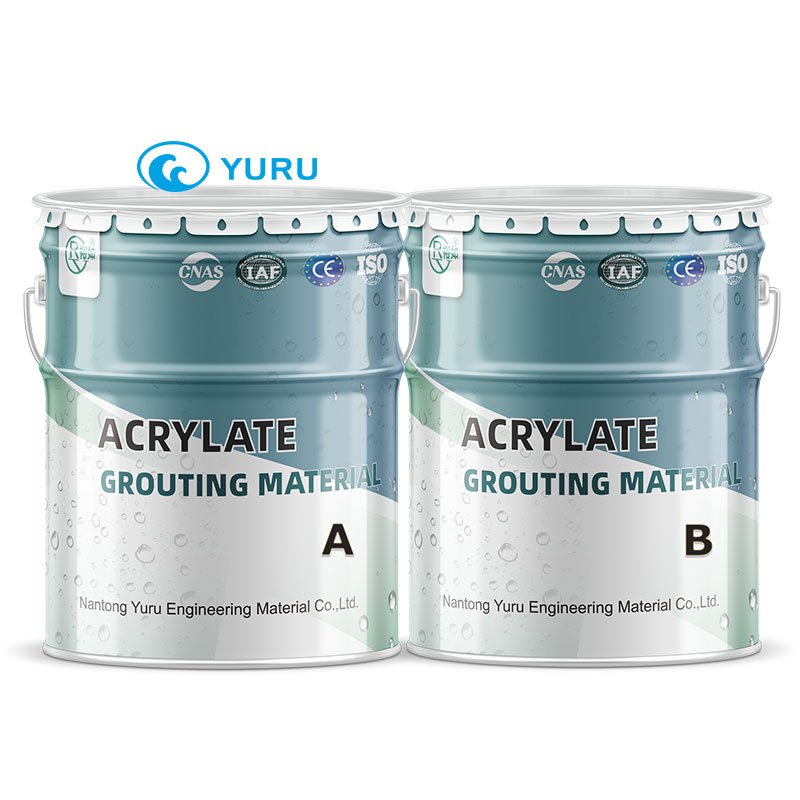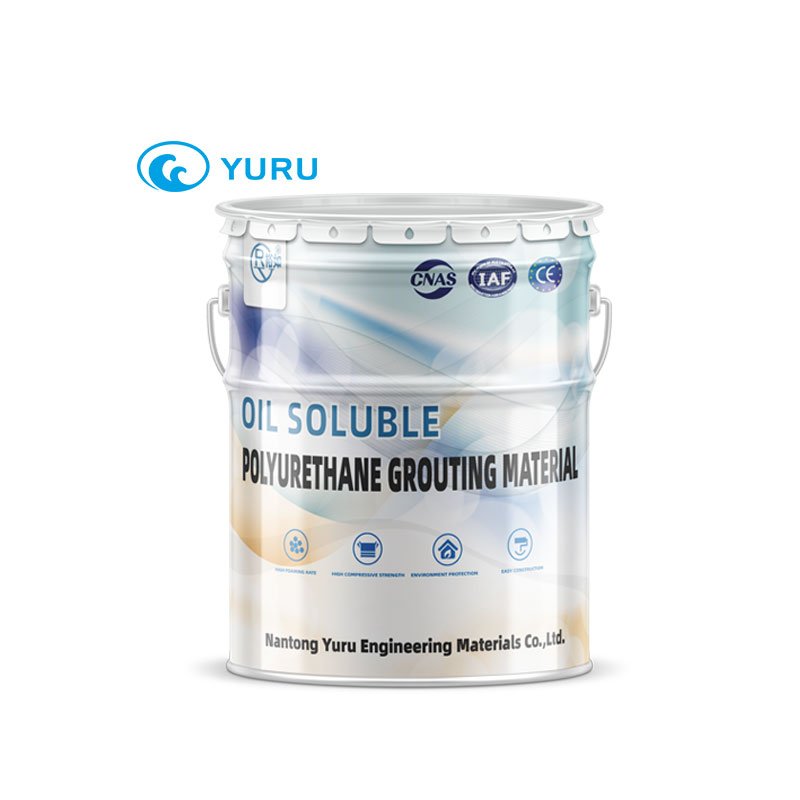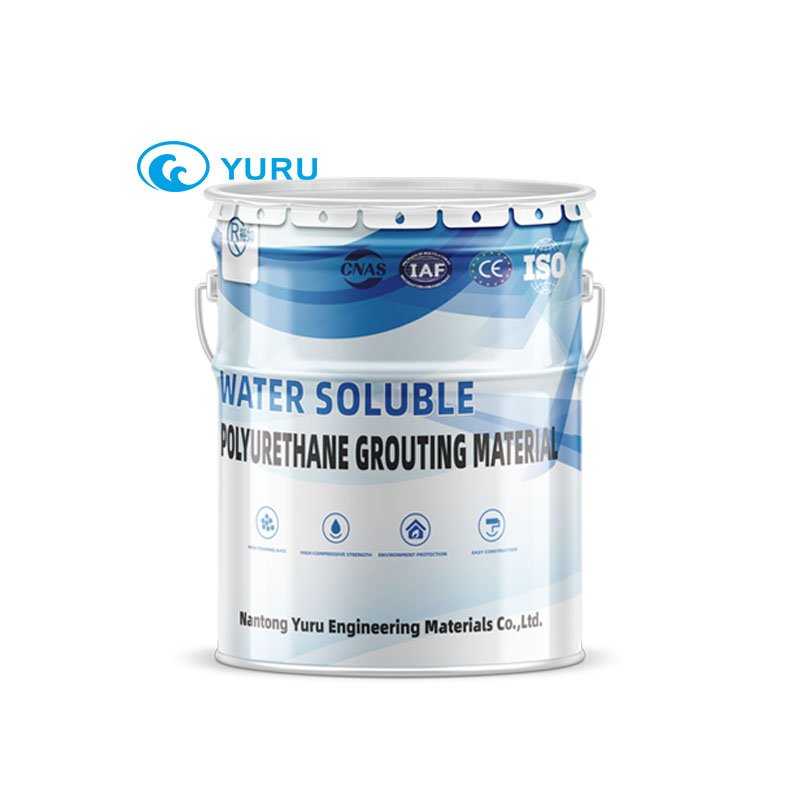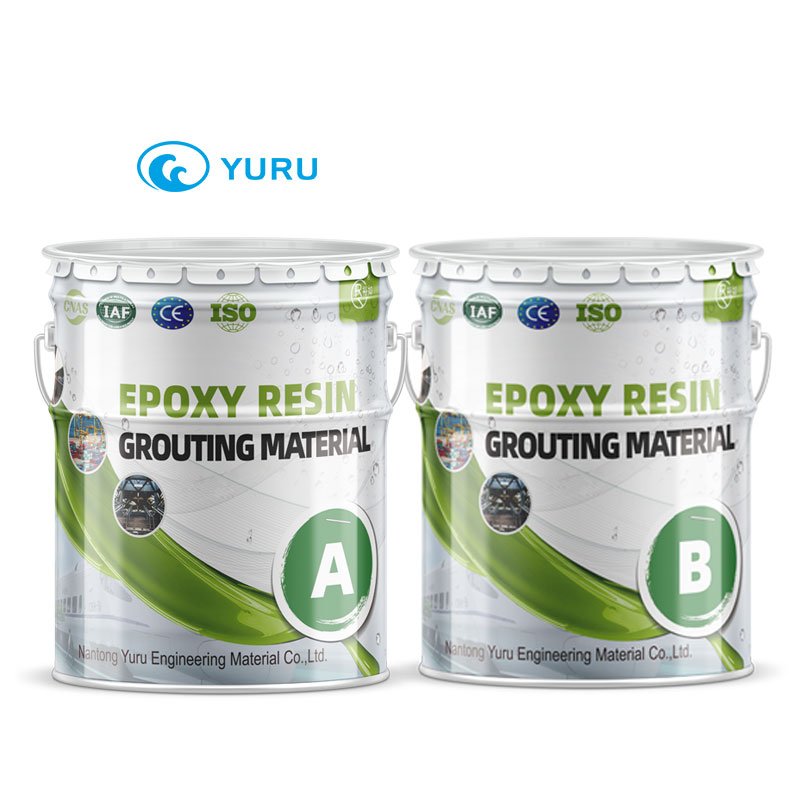Polyurea Grouting Material for Tunnels and Metro Waterproofing Projects
Introduction: The Importance of Waterproofing in Underground Infrastructure
Tunnels and metro systems are at the heart of urban mobility and modern infrastructure. However, one of the most persistent challenges faced by contractors, project developers, and facility managers is water leakage. Whether caused by groundwater infiltration, construction joints, or micro-cracks in the concrete lining, leakage compromises structural safety, passenger comfort, and long-term durability.
Traditional grouting materials often fail to provide reliable results under high water pressure and harsh underground conditions. In contrast, polyurea grouting material has emerged as a high-performance solution designed specifically for tunnels and metro waterproofing projects.
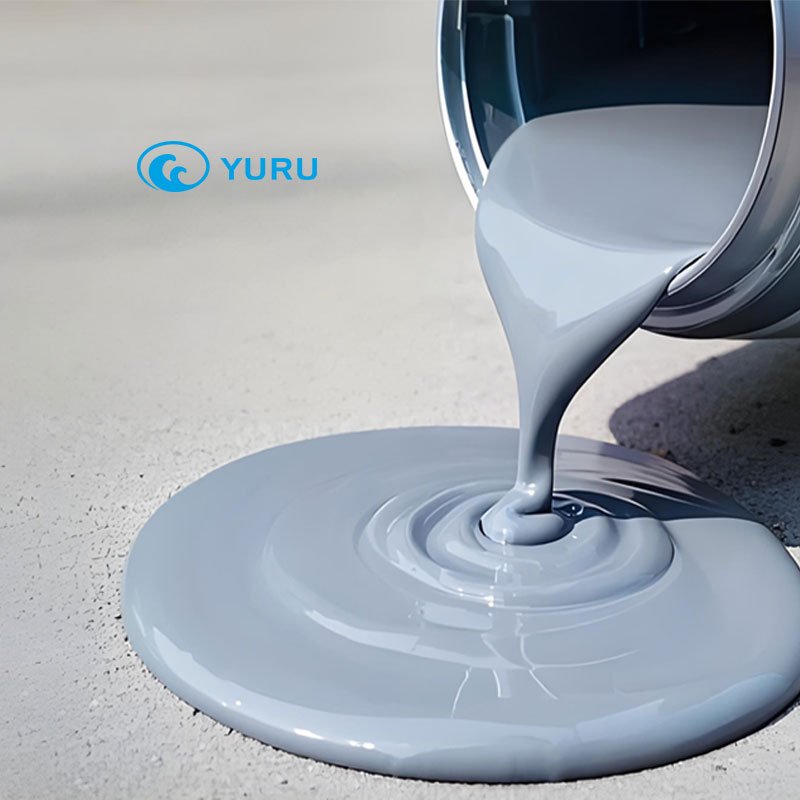
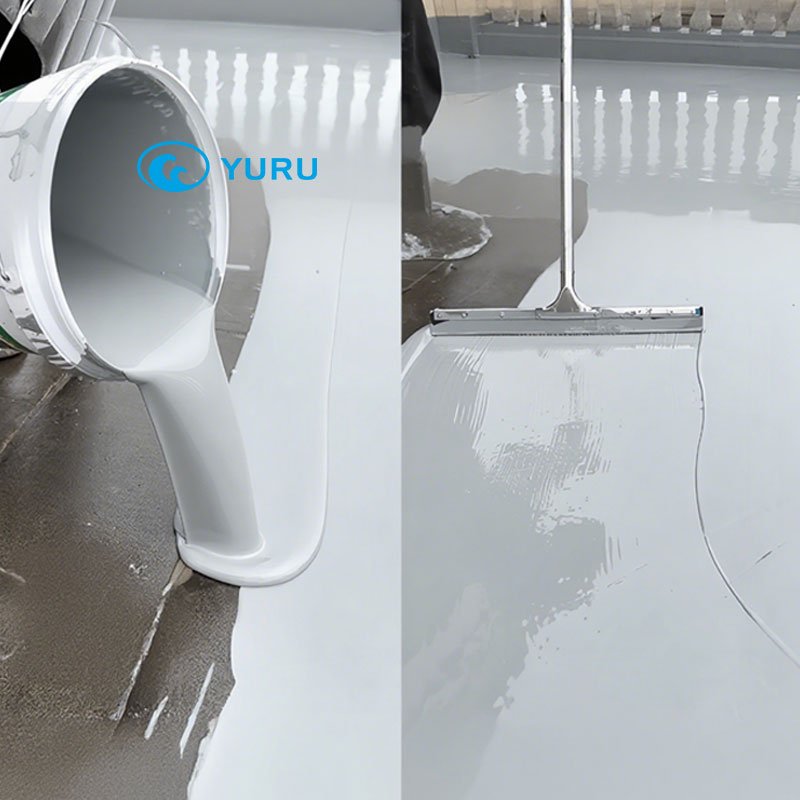
Common Waterproofing Challenges in Tunnels and Metro Projects
1. High Hydrostatic Pressure
Underground tunnels are constantly exposed to intense groundwater pressure. If materials cannot withstand this pressure, leakage quickly reappears.
2. Vulnerability of Construction and Expansion Joints
Joints and seams are natural weak points in underground structures. Conventional sealants often fail to maintain flexibility and waterproofing performance over time.
3. Limited Access and Repair Conditions
Repairing leakage in operational metro systems or tunnels must be completed quickly and efficiently to minimize disruption to commuters and logistics.
4. Durability Issues with Standard Materials
Many traditional grouts deteriorate under underground conditions, especially in wet, chemically aggressive environments, leading to repeated repairs and higher lifecycle costs.
How Polyurea Grouting Material Solves These Issues?
Superior Penetration
Polyurea grouting material penetrates micro-cracks and hidden voids within concrete linings, creating a dense waterproofing shield.
Rapid Curing
Its fast-setting properties ensure quick sealing of leakage points, reducing downtime and preventing operational disruption in metro systems.
Durability in Harsh Conditions
The material withstands high water pressure, chemical corrosion, and continuous underground exposure, making it ideal for long-term protection.
Versatility Across Applications
Polyurea grouting material is not limited to leakage repair. It is also suitable for reinforcement of tunnel linings, joint sealing, and preventive waterproofing during construction.
Application Scenarios and Case Studies
Case 1: Metro Station Leakage Repair
In a metropolitan subway project, heavy leakage occurred at construction joints in a station basement. By applying polyurea grouting material, engineers sealed micro-cracks completely, restoring waterproofing integrity without interrupting metro operations.
Case 2: Mountain Tunnel Seepage Control
A tunnel constructed in a high groundwater zone experienced persistent seepage through cracks in the concrete lining. Polyurea grouting material was injected into the cracks, forming a robust waterproof barrier. Leakage was eliminated, and the tunnel’s operational safety was secured.
Case 3: Underground Passageway Waterproofing
An underground pedestrian transfer corridor was suffering from water ingress during rainy seasons. After applying polyurea grouting, the corridor remained dry and safe, improving both durability and user experience.
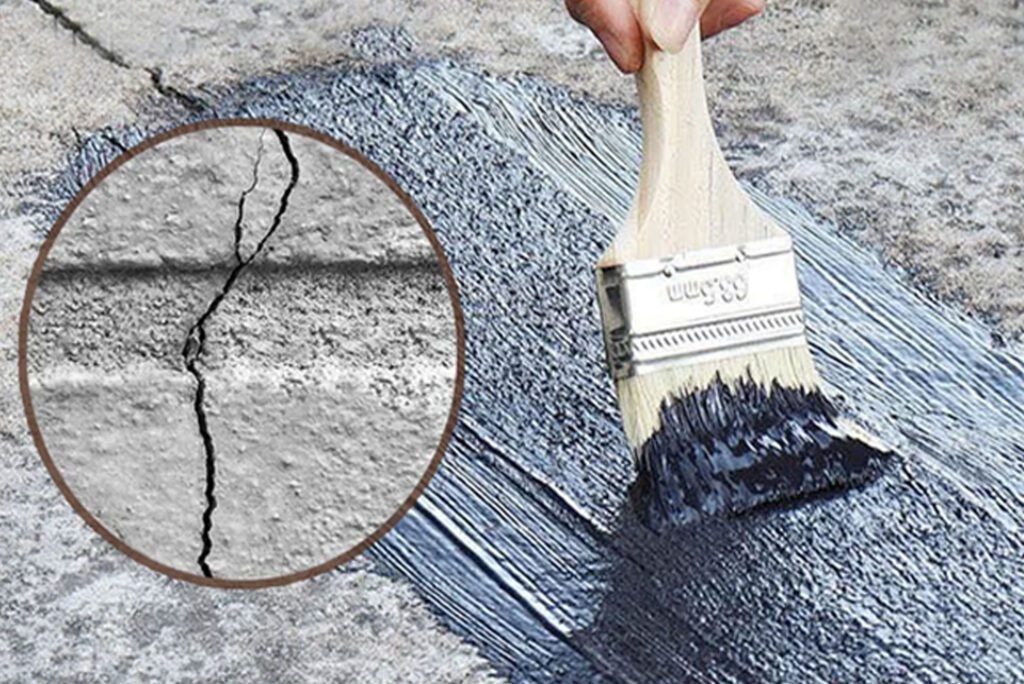

Beyond Materials: Delivery and Service Excellence
In large-scale infrastructure projects, material performance is only one part of the equation. Contractors and developers also require on-time delivery, technical support, and reliable quality assurance.
- Fast Supply: Materials delivered according to strict project schedules, ensuring no delays.
- Technical Guidance: Expert teams provide application training, project consultation, and on-site support.
- Quality Control: Every batch undergoes rigorous testing to comply with international construction and safety standards.
This commitment ensures that stakeholders—from contractors to government agencies—can trust in both the material and the service.
FAQs
1: What makes polyurea grouting material different from traditional polyurethane grouts?
Polyurea features deeper penetration, faster curing, and higher durability under high water pressure and chemical exposure.
2: Can it be used in operational metro systems?
Yes. Its rapid curing minimizes downtime, making it suitable for repairs in live metro environments.
3: How long does the waterproofing effect last?
When properly applied, polyurea grouting material can last decades, significantly reducing lifecycle maintenance costs.
4: Is it resistant to aggressive chemicals in underground environments?
Absolutely. Polyurea is highly resistant to acids, alkalis, and other contaminants common in tunnels and metros.
5: What equipment is needed for application?
Standard injection grouting equipment is sufficient, making it accessible to contractors worldwide.
6: Which types of projects benefit most from this material?
Subways, vehicular tunnels, utility tunnels, underground passages, basements, and water-retaining structures.
Build Confidence in Every Project
If your project involves tunnels, metro stations, or underground structures, leakage is not just an inconvenience—it’s a serious risk to safety and efficiency.
Choose polyurea grouting material for reliable, long-term waterproofing.
Visit YURU Waterproof to learn more about our customized waterproofing solutions, technical support, and project delivery expertise.
Whether you are a contractor, developer, distributor, design consultant, or facility manager, our team ensures on-time delivery, professional support, and proven results for your project.


YURU Product solutions
Waterproof Coating
- One-component oil-based polyurethane waterproof coating
- One-component water-based polyurethane waterproof coating
- Two-component polyurethane waterproof coating
- Two-component 6.0Mpa polyurethane waterproof coating
- Transparent Waterproof Glue
- Nano Invisible Waterproof Agent
- Silicone Waterproof Coating
- Acrylic Waterproof Coating For Metal Roof
- JS Polymer Waterproof Coating
- High Elastic Liquid Rubber Waterproof Coating
- Cement-based Penetrating Crystallization Waterproof Coating

